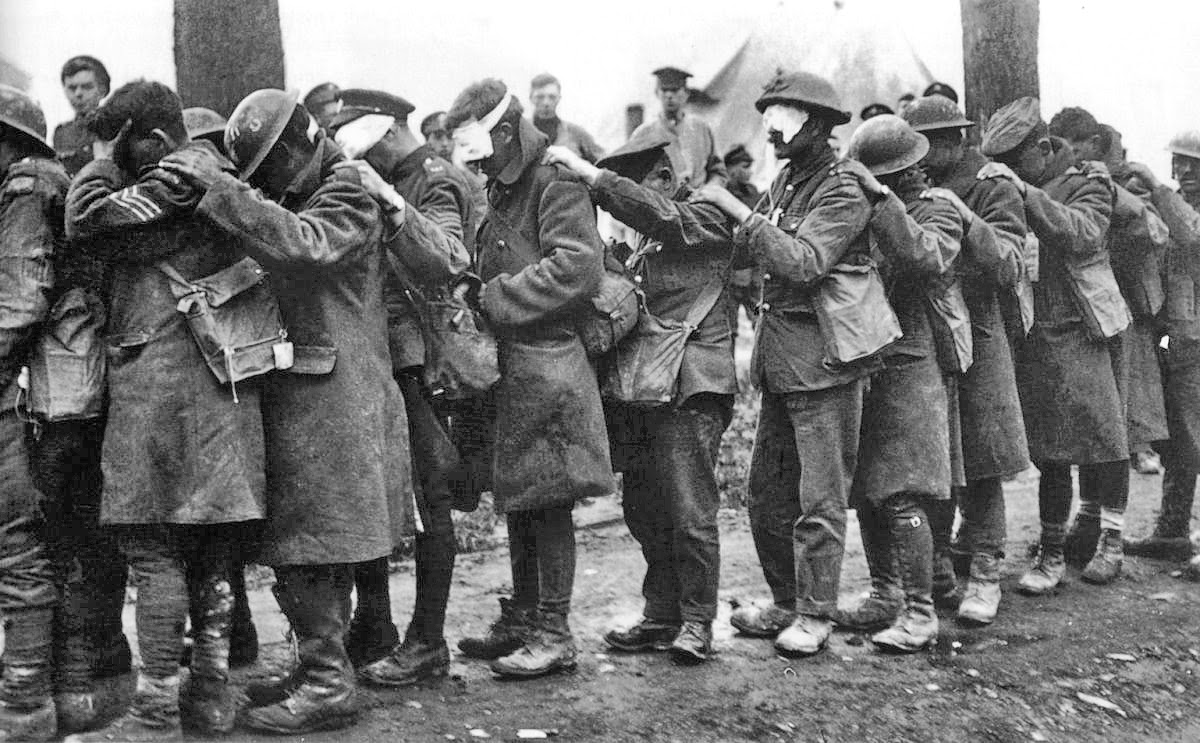The United States is a largely secular country that was founded on the
ideal that government should be completely separated from any religious
sect. The term “separation of church and state”—a quote from Thomas
Jefferson—is the most common label for the freedom of religion
guaranteed by the 1st Amendment of the constitution.
The 1st Amendment establishes a double-edged separation of church and
state; one side of this separation prevents religion from taking control
over the government, while the other side prevents government from
interfering with religious expression.
Yesterday the Supreme Court took what I consider to be a big step backwards--to quote Andy Borowitz, if only they protected the First Amendment as vigilantly as the Second Amendment. Not only uis Christian prayer permissable in public meetings, but the door is open for people of all faiths to offer a prayer--the wicca, the satan workshipper, the rasta, you name it. I do not want to listen to any of them. Let's just get to the business of government and save the religious stuff for our private lives. And Justice Alito, keep your snarky remarks to yourself. It makes you look petty.
To quote from Justice Kagan's dissent in the Greece vs. Galloway case:
In 1790, George
Washington traveled to Newport, Rhode Island, a longtime bastion of religious
liberty and the home of the first community of American Jews. Among the
citizens he met there was Moses Seixas, one of that congregation’s lay officials. The ensuing exchange between
the two conveys, as well as anything I know, the promise this
country makes to members of every religion.
Seixas wrote first, welcoming
Washington to Newport. He spoke of
“a deep sense of gratitude” for the new American Government—“a Government,
which to bigotry gives no sanction, to persecution no assistance—but generously
affording to All liberty of conscience, and immunities of Citizenship: deeming
every one, of whatever Nation, tongue, or language, equal parts of the great
governmental Machine.” Address from Newport Hebrew Congregation (Aug. 17,
1790), in 6 PGW 286, n. 1 (M. Mastromarino ed.1996). The first phrase there is
the more poetic: a government that to “bigotry gives no sanction, to
persecution no assistance.” But the second is actually the more startling and
transformative: a government that, beyond not aiding persecution, grants “immunities
of citizenship” to the Christian and the Jew alike, and makes them “equal parts”
of the whole country. Washington
responded the very next day. Like any successful politician, he appreciated a
great line when he saw one—and knew to borrow it too. And so he repeated, word
for word, Seixas’s phrase about neither sanctioning bigotry nor assisting
persecution. But he no less embraced the point Seixas had made about equality
of citizenship. “It is now no
more,” Washington said, “that toleration is spoken of, as if it was by the
indulgence of one class of people” to another, lesser one. For “[a]ll possess
alike . . . immunities of citizenship.” Letter to Newport Hebrew Congregation (Aug. 18, 1790), in 6
PGW 285.
That is America’s promise in the First Amendment: full and equal membership
in the polity for members of every religious group, assuming only that they,
like anyone “who live[s] under [the Government’s] protection[,] should demean themselves
as good citizens.” Ibid. For me,
that remarkable guarantee means at least this much: When the citizens of this
country approach their government, they do so only as Americans, not as members
of one faith or another. And that means that even in a partly legislative body,
they should not confront government-sponsored worship that divides them along religious
lines. I believe, for all the reasons I have given, that the Town of Greece
betrayed that promise. I therefore respectfully dissent from the Court’s decision.










































